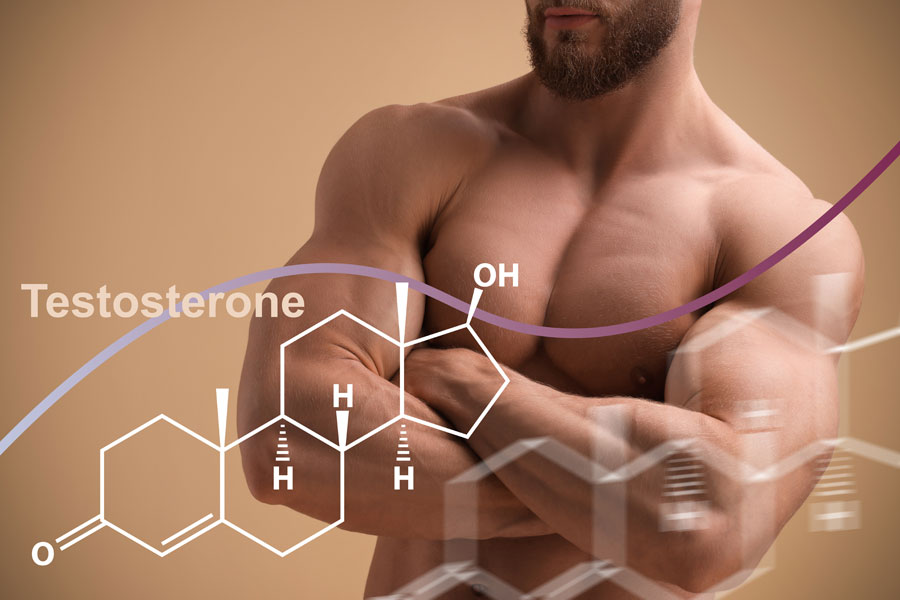Testosterone Replacement Therapy (TRT) has garnered significant attention as a potential approach for addressing challenges related to male vitality. This treatment involves supplementing testosterone levels in individuals experiencing symptoms commonly associated with low testosterone, such as reduced energy, mood changes, and decreased muscle mass. While there are mixed perspectives about its application, exploring TRT’s impact on male wellness can provide valuable insights into its practical benefits and factors.
Understanding Testosterone
Testosterone replacement therapy helps men experiencing low levels of the hormone. Testosterone, a hormone primarily produced in the testes, plays a significant role in various physiological processes. It influences muscle growth, bone density, mood regulation, and overall energy levels. Testosterone levels naturally decline with age, with most men experiencing a gradual decrease after their 30s.
While this decline is generally manageable, some individuals experience more pronounced symptoms, such as fatigue, reduced libido, difficulty maintaining muscle mass, or a diminished sense of overall vitality. Low testosterone levels, often referred to as hypogonadism, can be identified through specific symptoms and confirmed through blood tests. For those diagnosed, TRT offers a targeted approach that seeks to address deficiencies, aiming to restore balance and support physical and mental well-being.
Exploring Common Effects
TRT’s impact on physical wellness is often highlighted as one of its core benefits for men with low testosterone. Treatment aims to enhance muscle mass and strength due to testosterone’s pivotal role in muscle protein synthesis. Individuals undergoing TRT often report noticeable improvements in their ability to build and maintain muscle tissue, particularly when combined with a consistent exercise regimen.
Bone health also receives attention among TRT’s physical benefits. Testosterone contributes to maintaining bone density, reducing the risk of osteoporosis and related complications. This aspect becomes particularly relevant in aging individuals who may be more susceptible to weakened skeletal structures. Recovery and endurance during physical activities often improve in individuals on TRT. Treatment can reduce fatigue and provide higher energy levels, allowing for sustained activity and reduced post-workout soreness.
Identifying Other Impacts
Beyond its physical effects, TRT plays a role in influencing emotional well-being and cognitive function. Low testosterone levels are often linked to symptoms such as mood swings, irritability, and even depressive tendencies. Incorporating TRT can help stabilize mood and foster a more balanced emotional state for individuals experiencing these symptoms as a result of hormonal imbalances.
Mental clarity and focus often improve as well. Testosterone contributes to neurological health and cognition, and individuals on TRT frequently report an enhanced ability to concentrate on tasks. This positive shift in mental acuity often extends to improved productivity, creativity, and a better capacity for handling daily challenges.
Learn About Testosterone Replacement Therapy
Testosterone Replacement Therapy serves as an approach for addressing issues related to male vitality among those with confirmed testosterone deficiencies. Its influence spans physical and mental domains, contributing positively to health. This includes enhanced muscle mass, bone density, energy levels, mood stabilization, and mental sharpness. While embarking on TRT can result in significant improvements, individual suitability and goals should guide decision-making in collaboration with qualified healthcare professionals.

